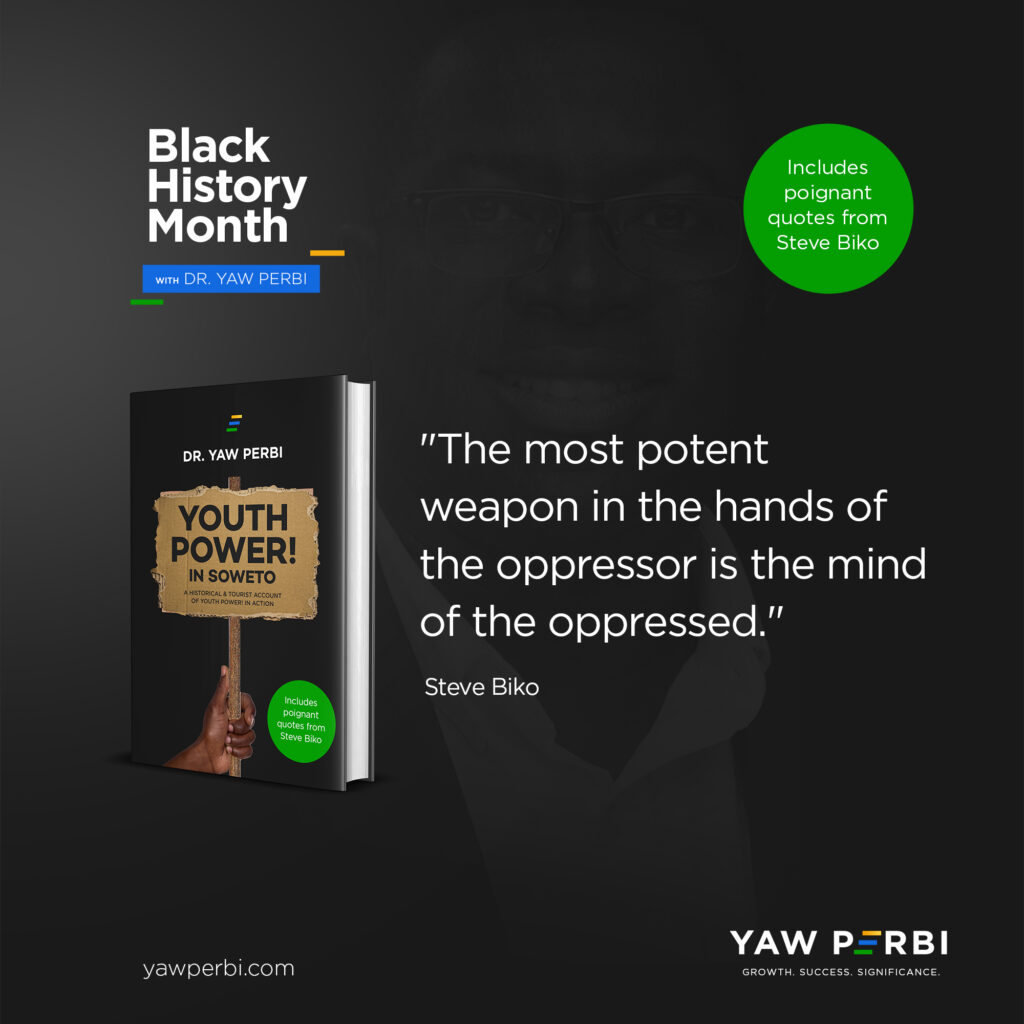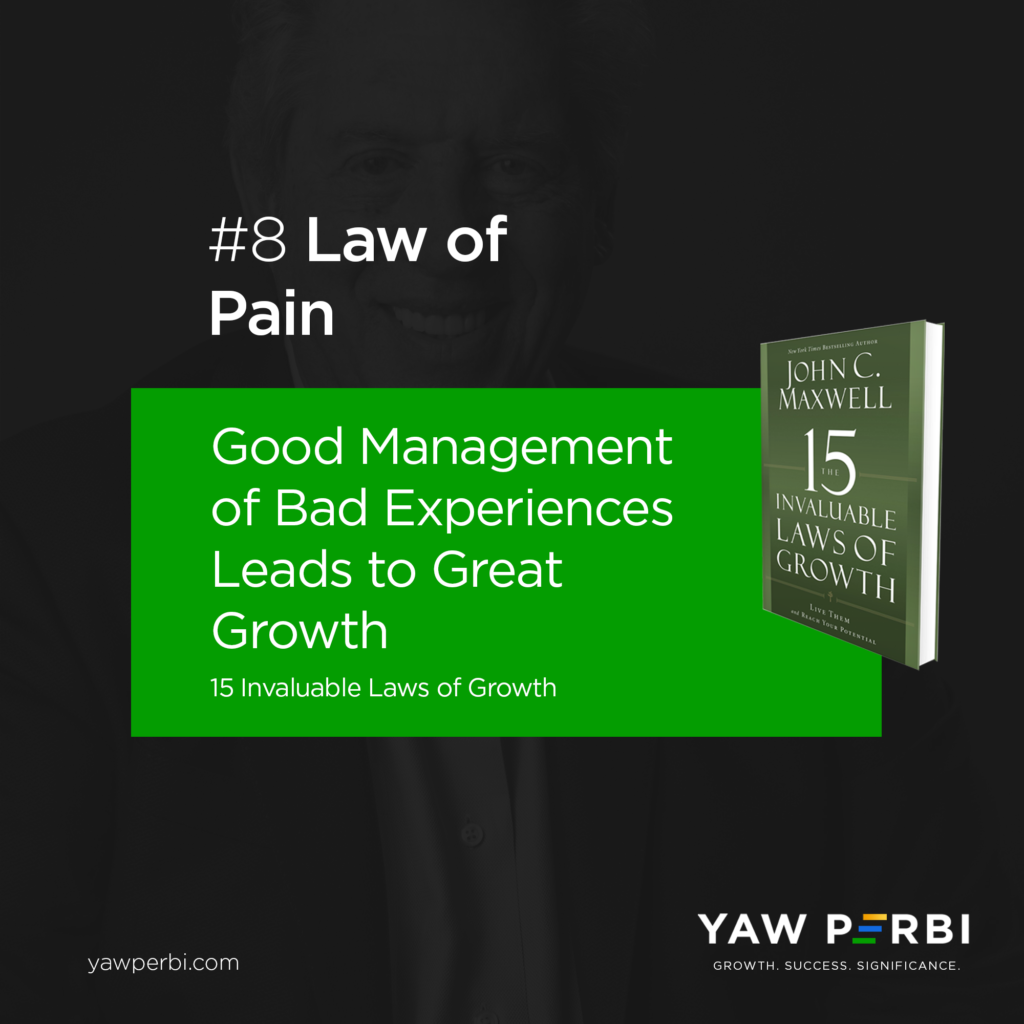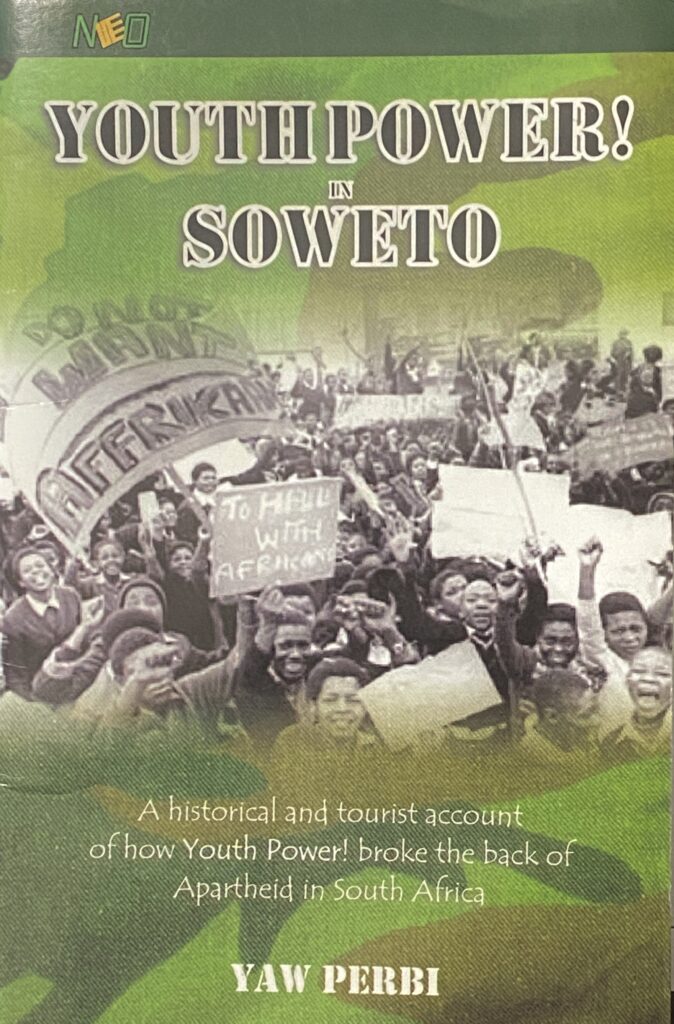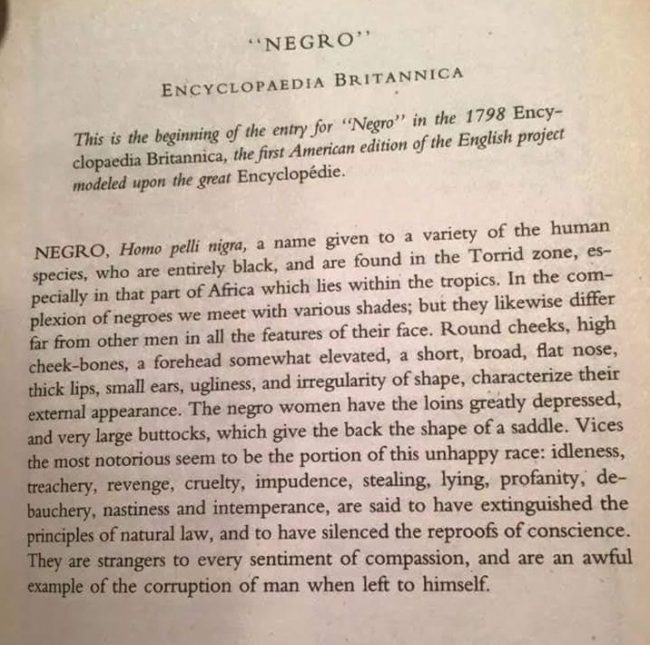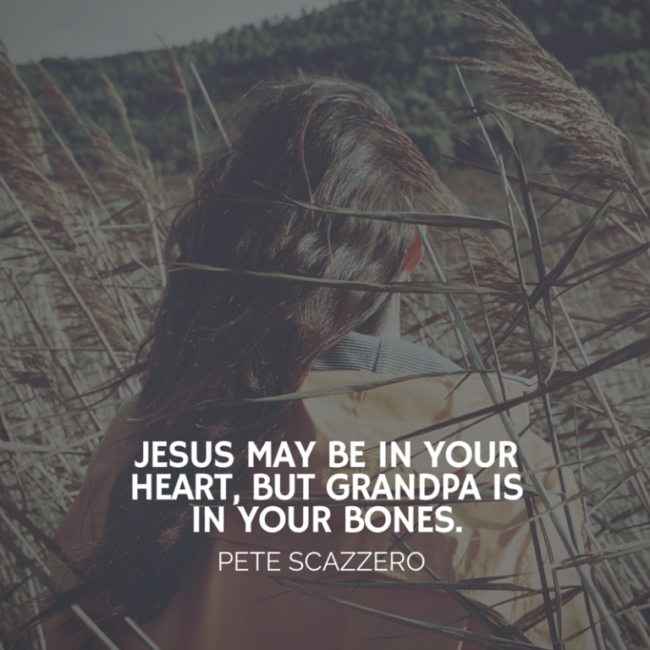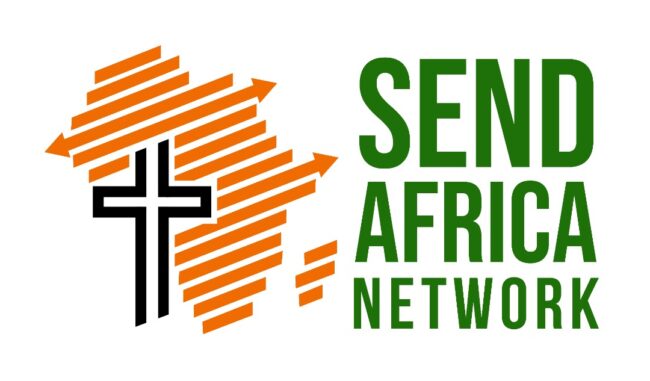
Black History Month | Africa Leads the World
There is no talk of Black History without faith, especially the Christian faith. PBS recently released a fascinating Henry Louis Gates Jr. documentary on the Black Church. What some dubious people tried to oppress and suppress black people with became the very thing that liberated us and is now giving us a global leading edge.
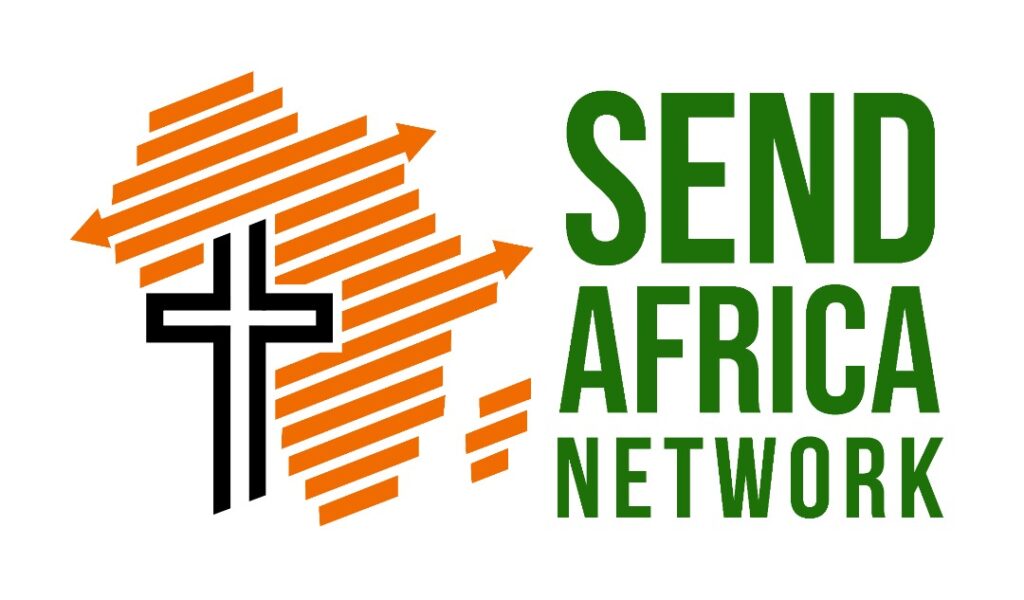
Send Africa is an evolving missions network whose DNA and launch YAW PERBI is privileged to help shape and midwife
Africa is the most Christian continent in the world today. The year 2018 was the first in history where there were more Christians in Africa than on any other continent in the entire world! (Johnson 2018) THIS IS A BIG DEAL!—this is a one-thousand year record held by Europe that has been broken by Africa in our lifetime. That makes me super excited about Black History Month this year because history is being made right now. As you read this, a number of continental Africans and those of African descent in the diaspora have synergized to birth a new network known as Send Africa to promote further faith formation among ‘unreached people groups’ around the world.
At the formal launch of this Send Africa Network online on February 24-25 during this 2021 Black History Month, my Kenyan friend, Sam Ngugi, and I will be launching a ground-breaking book entitled Africa to the Rest to celebrate this huge feat of Africa becoming a leading global force of faith to the rest of the world. This book is to “celebrate this momentous occasion in world history that has been inadequately highlighted by mainstream missions and missions. It traces some of God’s goodness to Africa in the Bible and throughout history until now to make clear that Africa and Africans have been central to God’s missional purposes; not an afterthought.” You may register for the Send Africa Summit here.
CAPTURED & DISTORTED HISTORY
Of course Africa features in the Bible from start to finish. There were actually two black guys (among the five) that played hands on the apostle Paul and commissioned him on his missionary journeys (Acts 13). Africa is the cradle of monasteries and ecumenicsm. The term Trinity came from Tertullian the Tunisian. St. Augustine was from Algeria, and not a European as we were made to believe growing up in Africa.
As Sam and I state in our book, “People consider Christianity as the white man’s religion to oppress the African due to the last 500 years of Euro-American missionary activity mixed with colonialism without realizing that the first 500 years A.D., Africa was so synonymous with Christianity that one of the most common terms for Christians in Arabic sources is afariqa–indicating a significant degree to which “Christian” and “African” were synonymous concepts (Merrills 2004, 303).”
In fact, the subtitle of our book is “from mission field to mission force (again)“ because Africa(ns) as a mission force first impacted Europe with the Gospel! That notion that Africa first evangelized Europe is the essence of Thomas Oden’s book titled How Africa Shaped the European Mind. “My core hypothesis,” Oden himself says, “is that much intellectual history flowed south to north: from Mumidia to Sicily to France and Italy. It flowed from the Nile to the Euphrates and the Danube. It flowed from Pelusium to Gaza to Cappadocia. …There is ample evidence available that the seeds of African orthodoxy have been lifted by high winds to distant northern climes. Only much later have they returned to Africa in a Western guise.”
Only a century ago, at a world missionary conference in Edinburgh, not only was there no continental African there as a delegate, we were described as “heathen” in need of being saved. Today there are more Anglicans in Kenya than in England. At the time, the continent had 9 million Christians while Europe was home to 406 million. Today, Africa has over 630 million Christians, a clear 30 million more than Latin America in second place with Europe in third place with 571 million Christians. And it’s not a nine-day wonder, for by 2050 (Deo volente), there will likely be more Christians in Africa (1.25 billion) than in the next two continents combined! (Johnson 2018)
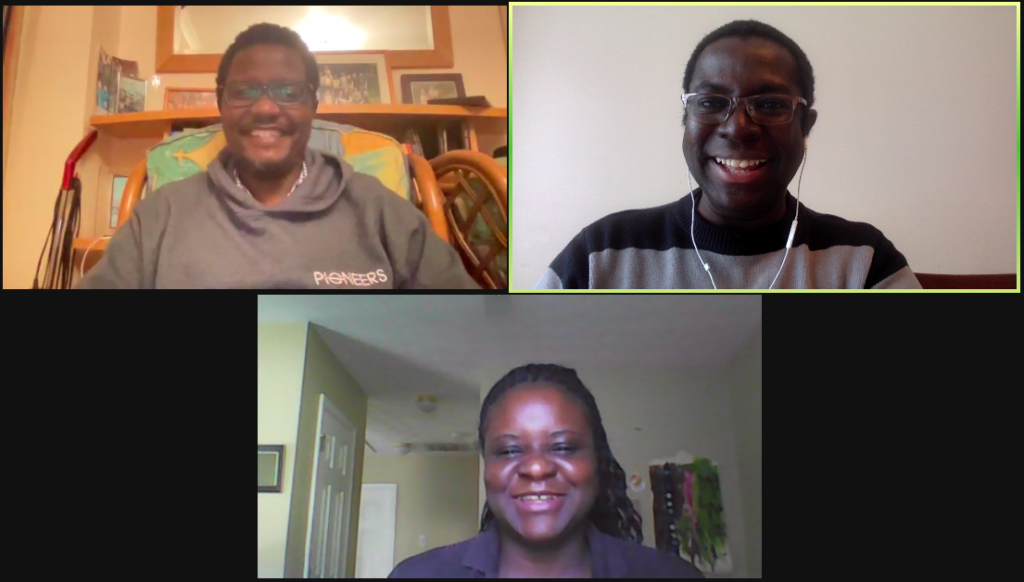
The all black ‘Africa to the Rest’ team of two writers and an editor on a Zoom call from Canada, the USA and England
UNDENIABLE PRESENT
It is good to know that Africa leads the world in something. There are churches that began in Africa and are in 198 countries now. The largest congregations in Europe are pastored by Africans, like Sunday Adelaja’s in Kieve, Ukraine. The most multinational congregation in the world—108 nationalities—was founded by and pastored by my good friend and mentor in Vancouver, Canada, Dr. Sam Owusu. I could give you a list of about 10 global mission organizations–including the Navigators, SIM, Langham Partners and SIL–currently led by Africans!
Why is all this important? For many reasons but three will suffice for now. First, black people have been part and parcel, even central, to the purpose and mission of God unlike others have tried to make us think. We are equally made in the image and likeness of God as anyone else. We ought to rejoice and while not bragging about ourselves, ‘make our boast in the LORD.’
Secondly, the Christian faith is authentically African. As one scholar put it, Christianity is a beggar looking for clothes in whatever culture it goes into. The fact that it was captured by Europeans and Americans and tailored as a tool of oppression of blacks in slavery, colonialism etc. is simply not right (not the authentic Christian faith) and doesn’t make the faith the preserve of the white man either.
Finally, the business world and other sectors in Africa that are trying to make a mark on the world stage could learn a thing or two from the African Church that leads the world in faith today, hands down.
THE FUTURE HAS COME
I come from a long and rich family history of black (hi)story tellers. My grandfather was an emeritus professor of ethnomusicology and my mother is a professor of history with a specialization in the slave trade. I feel privileged to take my turn to tell stories of African leadership, and in this particular case, leadership in faith, church and missiology.
The assassinated Congolese nationalist leader, luminary and first Prime Minister of the Democratic Republic of Congo, Patrice Lumumba, must be smiling in his grave that the day he prophesied is here: “The day will come when history will speak. But it will not be the history which will be taught in Brussels, Paris, Washington or the United Nations… Africa will write its own history and in both north and south it will be a history of glory and dignity.” The day has come!
For those of no faith and saying to themselves “who cares if Africa is the most Christian continent?” because we’re yet to see it tell on our socioeconomic indicators or the millennium development goals, just you wait. Works soon follow faith. Unless it’s not true faith; because faith without works is dead.
References
Johnson, Todd M., Gina A. Zurlo, Albert W. Hickman, and Peter F. Crossing. “Christianity 2018: More African Christians and Counting Martyrs.” International Bulletin of Mission Research 42, no. 1 (January 2018): 20. doi:10.1177/2396939317739833.
Merrills, A. (Ed.). (2004). Vandals, Romans and Berbers: New Perspectives on Late Antique North Africa (1st ed.). Routledge, 303. https://doi.org/10.4324/9781315235127
Oden, Thomas. 2007. How Africa Shaped the European Mind, Downers Grove: InterVarsity Press, p.71.
Perbi, Yaw & Sam Ngugi. 2021. Africa to the Rest: from mission field to mission force (again). Forthcoming. Xulon Press.

Black History Month | Why the Protests of 2020 Had a Sense Déjà Vu About Them
Here is the entire preface to the 2020 version of YouthPower! in Soweto for your enjoyment and edification. This book was first written 15 years ago upon a life-transforming visit to South Africa in 2005. The anti-racial protests in 2020 were like a 1976 déjà vu and inspired me to get this re-release going for today’s generation to remember and soldier on.
“It is better to die for an idea that will live,
than to live for an idea that will die.”
Steve Biko
The Definition of Black Consciousness, I Write What I Like, 1978
It is 2020. The pandemic year. The epochal events of this year, on both sides of the Atlantic, have had such significant parallels with the youth uprisings and protests in apartheid South Africa in 1976 that after procrastinating the republishing of this book for years I finally got the umph to do it.
“Police brutality.” “Systematic racism.” “Peaceful protests turned violent.” “We are dealing here not with a spontaneous outburst but with a deliberate attempt to bring about polarisation between whites and blacks.” “This government will not be intimidated and instructions have been given to maintain law and order at all costs.” Do any of these phrases and sentences sound familiar? Yet these are not from 2020; these are all 1976 words and phrases!
With the world slowed down, even locked down, we all had the time and bandwidth to take in the slow slaughter of an American young man, George Floyd, by those paid “to serve and protect” him. The aftermath of #BlackLivesMatter protests in the United States and around the world seemed like a coordinated tsunami. Perhaps no other year has there been more concerted protests against police brutality, systematic racism and no-nonsense towards anything or anyone glorifying an apartheid, segregationist, slavery or colonial past.
At a point, the confluence of 400th year anniversary of the first slave setting foot in America, a plague (COVID-19) and protests by the oppressed made me wonder if this was not a modern replay of the biblical Exodus, the liberation of Israel from Egypt.
Then just when things seemed to be settling down, #endSARS happened. Nigerian youth wouldn’t take the brutalization of their kith and kin anymore either. The well-organized air war (via social media) and on-the-ground protests did result in the dissolution of the notorious Special Anti-Robbery Squad (SARS) that had been unleashing untold mayhem on the Nigerian people, especially youth, for years. Some paid the ultimate price for daring to express their Youth Power! May they rest in peace. May their death bring life.
In all the standing up to, shouting out and marching against, the core demographic has of course been Young People. Youth Power! at work again; just as in 1976. In fact, my favourite picture of the 2020 protests in the U.S. so strongly correlates with a scene from 1976 although both events are seas and decades apart. On the streets of America in 2020 the youth held placards that read, “We are not our ancestors. We will fuck you up.” In Soweto, 44 years earlier, the youth had asserted similarly, “Our parents are prepared to suffer under the white man’s rule. They have been living for years under these laws and they have become immune to them. But we strongly refuse to swallow an education that is designed to make us slaves in the country of our birth.”
It seems to me that like the Boomer generation of 1976, the Millennial, Gen Y and Gen Z generations alive and kicking in 2020 have also taken seriously their mandate to leave the world better than they found it. “You see things; and you say “Why?” But I dream things that never were; and I say “Why not?”” [said a certain wise man]. I believe that was the Youth Power! mindset in 1976, replayed in 2020. Here’s to celebrating Youth Power! from Soweto to Minneapolis to Lagos to the ends of the earth.
POST SCRIPT
I am humbled by my very rich family history of Black story-telling. My grandfather, J.H. Kwabena Nketia, was an emeritus professor of ethnomusicology whose lifework was dedicated to documenting the songs and drum language of African peoples while my mother, Akosua Adoma Perbi, is a professor of history with a specialization in the slave trade, indigenous and trans-Atlantic. It seems my turn has come to continue a family tradition.
I can understand those in my generation who feel Black people are too yesterday-focused and are pushing for this month to be Black Future Month instead of Black History Month. A word of caution though: we must know our history well–although not dwell in the past–if we are to be and do today what will make our tomorrow better than yesterday. As a wise man once said, “Those who do not learn history are doomed to repeat it.” 2020 has proven that history tends to repeat itself.
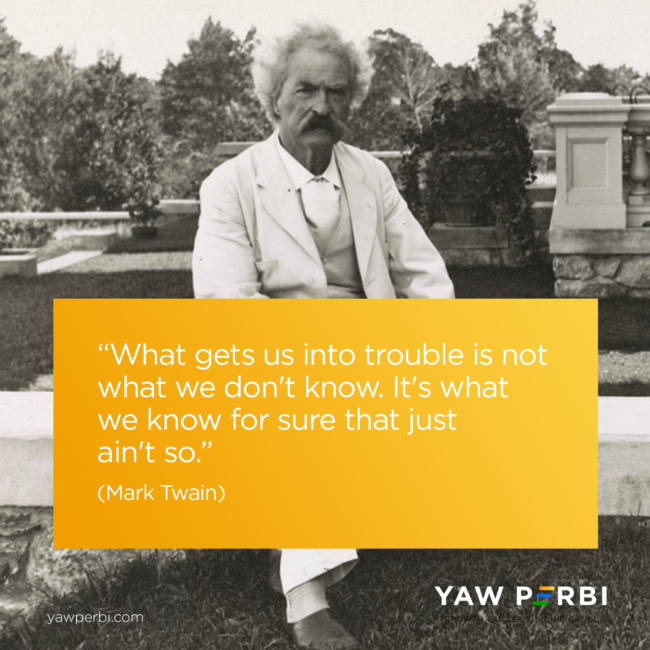
A Way to Prevent Heartbreak: Clarify Expectations
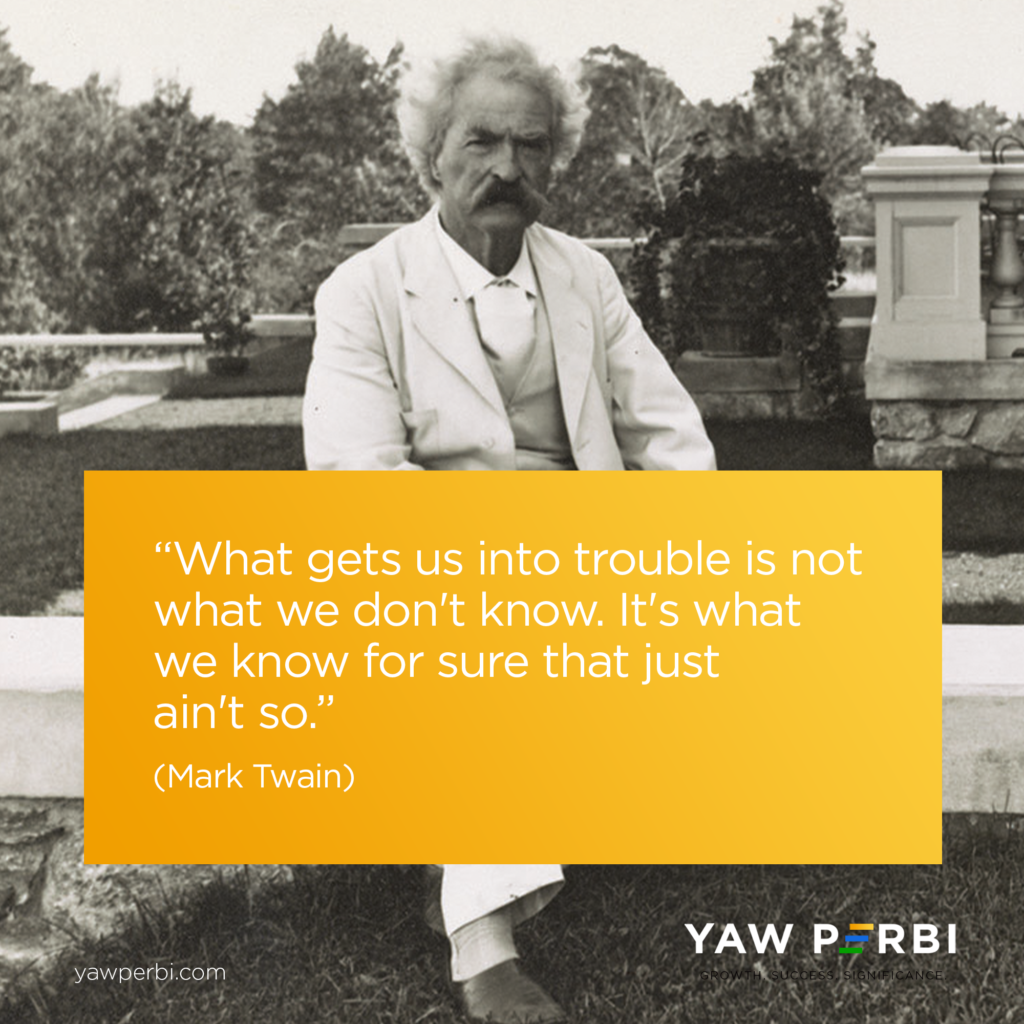
While what you don’t know may kill you; what you think you know but really don’t may kill you faster!
I have wanted to talk about this for months–how to prevent unnecessary hurt from unmet expectations–but last week an incident happened with one of my associates that really catalyzed me to share this urgently. So let’s talk about unmet expectations.
Whether it’s between spouses, parent and child, boss and workers or even among co-workers, family folk and church members, this is quite a common occurrence. This is particularly so African, Chinese, Japanese and Korean cultures that employ indirect communication. If you’re like me, you’ve probably been hurt before by unmet expectations. In fact, sometimes we don’t even realize we had an expectation until it was not met!
Mark Twain once said, “What gets us into trouble is not what we don’t know. It’s what we know for sure that just ain’t so.” We tend to have expectations that are unconscious, unrealistic, unspoken and unagreed upon. Let me share how you can flip these four things around and protect your heart against heartbreaks from unmet expectations. I owe this life-saving lesson from my New Yorkan mentors, Pete and Geri Scazzero.s
THE MILLION DOLLAR QUESTION
How do you know your expectations are valid or not? As hard-to-take as this may seem, when the expectation is unconscious it is invalid. In fact, if even we don’t even know we have them until we are disappointed how on earth is the other person supposed to know and meet it? When it is unrealistic it is invalid as well. Even if it is reasonable and we are conscious of it but it has not been articulated, it is still invalid. The common lame excuse we tend to give is, “Oh, but they should know?!”
In the event that our expectations meet all the above three criteria–conscious, realistic, spoken–but the other party has not agreed to them, they are still invalid. While this may seem very Western, I have learnt as an African-Canadian that it is never wise to assume agreement!
Of course, important caveats include marriage (where the vows already spoken have created certain clear expectations like fidelity), parent-child relationships (expectation of chores) and employer-employee dynamics where expectations have been clearly laid out in contracts and policy and supposedly read and accented to. Even in these relationships with broad-stroke expectations, situations occur that demand clarifying expectations further.
WHAT TO DO TO FORESTALL HEARTBREAKS
To prevent heartbreaks from unmet expectations, ensure your expectations are:
(1) Conscious: I am aware of my expectation.
(2) Realistic: I have evidence to support that the expectation is reasonable in the sense that the other is able and willing.
(3) Spoken: I have expressed the expectation clearly.
(4) Agreed Upon: The other person has agreed to the expectation by saying “yes.”
I would highly recommend you take the Scazzero’s Emotionally Healthy Relationships course for a full meal and good skill-building in this area they call Stop Mind Reading and Clarifying Expectations.
WHAT TO DO WHEN HURT HAPPENS
In the event that hurt still happens from unmet expectations, valid or not, REFRAMING the painful experience is everything. As John Maxwell renders it in the Law of Pain, “good management of bad experiences can lead to growth.” Reframe the painful experience as follows (modified from a Maxwell process):
a) Define the problem –> The painful situation I need to process right now is…
b) Understand your emotion –> My feelings about this are…
c) Articulate the lesson –> My lessons in is this are…
d) Identify a desired change –> The changes I want to effect are…
e) Brainstorm numerous pathways –> The ways out are…
f) Receive others’ input –> What I’m learning from others is…
g) Implement a course of action –> My course of action is 1. Embrace the reality of pain 2. Learn my lesson(s) 3. Share my lessons 4. Change a. ______ b. ______ c. ______ d. _____.
CONCLUSION
You know what they say happens when you assume: you make an ass of u and me. An expectation is only valid when it is mutually agreed upon. Let’s do less heart damage by providing and demanding clear expectations of others. Let’s ensure in all our relationships that our expectations are conscious, realistic, articulated and agreed upon. And when things fall through the cracks and we feel the sting of pain from unmet expectations, let’s reframe the experience well so we can still grow and flourish.

American Shitocracy and African Shitholes
‘Shit hole’ status is not the preserve of any people group, state or nation. Seasons change. Kingdoms rise and fall with terrific and terrible leadership respectively. Great civilizations have come and gone. If Africa continues on a trajectory of principle-centred, values-based, effectual leadership and America continues on her trajectory of shit-based leadership for long enough the tables will turn!

“I’ll be watching because history is going to be made,” were Trump’s inspirational words to ginger his soon-to-be-desecrating supporters who forced their way into the Capitol to interrupt the democratic transfer of power. Photo credit: Roberto Schmidt/Agence France-Presse — Getty Images
Bit by bit we’ve seen the shroud of so-called American exceptionalism come apart. Rent piece by piece, she’s revealing her warts to a watching world, stuck at home. What she’s done well for over 200 years to conceal—and not wash her dirty linen in public either—a combination of democratized social media, a TRUMPeting emperor with no clothes and a plaguing pandemic have conspired to expose. Lynchings like George Floyd’s are not new; it’s the handy smart phones and social media apps at the finger tips that capture and broadcast these which are.
Last Wednesday’s attempted coup d’état at the U.S. Capitol was the nadir of the last four years’ declivitous decline from apparent democracy to real shitocracy. I am not one to use the s-word; I’m only playing on the words of the supposed most powerful man on earth. Many aspects of the attack on the ‘people’s house’ by armed rioters a.k.a. domestic terrorists dropped my jaws (and kept my mouth agape) but the most shocking was literally the filthiest of all: desecration of the House with faecal matter, well-known in ‘shit hole countries’ as ‘shit bombing’. Just when you thought America could sink no further.
The shit-hole-country-conferring president of the Divided States of America inspired this group of shit bombers.
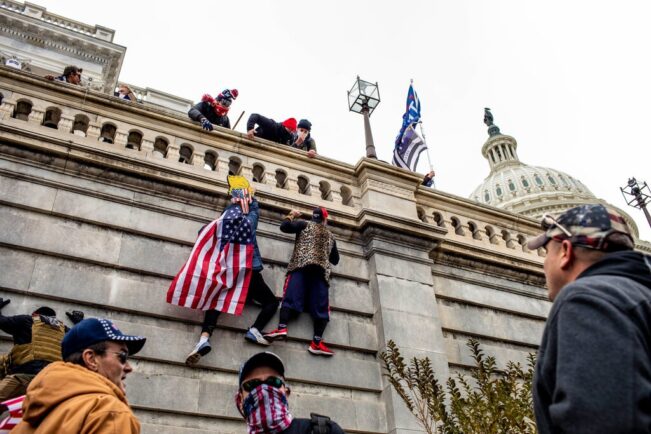
Thieves of democracy scaling walls like thieves do, as in the words of the New York Times, “largely unimpeded by police as they stormed the Capitol.” Photo credit: Jason Andrew for The New York Times
Let me tell America(ns) how we, Africans, got shit holed: LEADERSHIP! A long string of shit hole leadership like you’ve now gotten in the Black House (it’s only painted white and so-called but we know it was built by Blacks). If Africa continues on a trajectory of principle-centred, values-based, effectual leadership and America continues on her trajectory of shit-based leadership for long enough the tables will turn! You know how I know? Because “everything rises and falls on leadership,” E-V-E-R-Y-T-H-I-NG, shit and all. And that is a principle; a timeless, fundamental law of the universe that is no respecter of persons: red or yellow, black or white.
‘Shit hole’ status is not the preserve of any people group, state or nation. Seasons change. Kingdoms rise and fall with terrible and terrific leadership respectively. Great civilizations have come and gone. And I mean, greater civilizations than America, and that dominated for much longer than the toddling USA. America could be tomorrow what we call “ancient Egypt” today. Or even the beggarly Greece today, yes, Socrates, Aristotle and Plato’s Greece of yestercentury. In the last decade Portugal found itself borrowing money from her former colony Angola.
Meanwhile, my Ghanaian-Canadian children today wonder what is so ‘Great’ about Britain. Brexit? As for America, in the last few weeks we’ve spent more time at our Family Altar repeatedly praying for political peace in America and for the eradication of ignorance and disease (COVID-19) there than we have prayed about any of these for Africa!
Now to my fellow Africans. In the light of how backward America has proven to be recently, perhaps it is beginning to dawn on you that we may not be as backward as they (and some others) would like us to think! After all, when our ancestors were building pyramids their European forebears were but Barbarians (note: barbarian or barbaric is still not a fluttering word in the English dictionary today).
At the very time when there were prolonged pre, para and post electoral tensions in America, even with a sitting president refusing to concede but rather raising false alarms of a rigged election, Ghana figuratively and literally came from behind to vote, certify results within 72 hours and has already sworn-in a new president (an occasion the American president nominated American officials to attend). Now, look who’s shit hole!
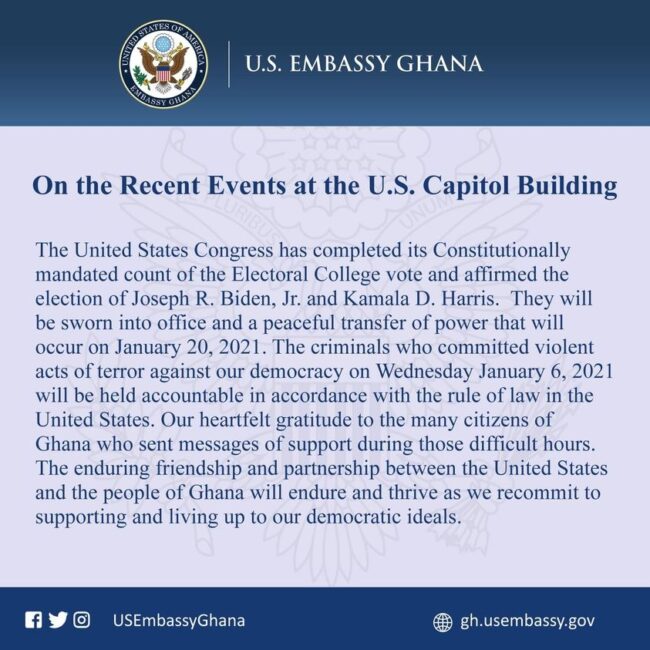
No one would’ve imagine such a notice from the U.S. Embassy in Ghana four years ago! “Our heartfelt gratitude to the many citizens of Ghana who sent messages of support during those difficult hours”? Wow!
Which is worse: being called shit hole or being shitty? It was America’s shitocracy that christened African countries as shit hole. But neither shitocracy nor shit hole is good enough for Africa or America. I have substantial interest in the prosperity of both peoples on both sides of the Atlantic–and so does the whole world stand to benefit. So upward and onward with godly, principle-centred, values-based, effectual leadership for the benefit of our peoples and to the glory of God. No more shit–shit holing, shit hollering or shit bombing. We were made for so much more than this.
Africa! America! African-Americans, arise, clean up and shine! Let our worst years be the last four; and our worst days among the last four too.
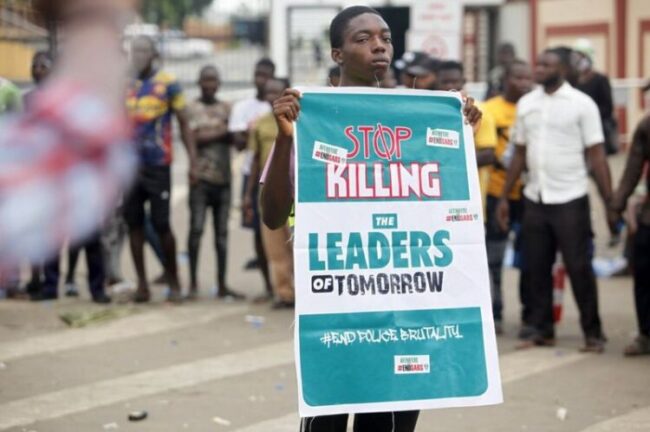
Youth Power!
Sixteen years ago I subtitled my ‘Youth Power!’ book, “unleashing the potential of the most powerful people on earth.” This pandemic year is giving us ample proof.

Nigerian youth at the #EndSARS protests. Youth are leaders of today; not just tomorrow. Photo credit: EPA
The recent George Floyd protests in the United States of America and around the world and current #EndSARS campaign in Nigeria against notorious police brutality have reignited my convictions about Youth Power!, well-documented in a 2004 book by that title. “This [#EndSARS] protest has been largely driven by young people,” I just heard from a CNN report.
YouthPower! is a revolutionary paradigm which seeks to start a fire in Young People for them to get their act together and do something significant with their lives…Now! For the last 16 years I have “been preoccupied with looking for evidence of Youth Power! all over the world and in all spheres of human endeavour since introducing that paradigm-shifting concept” in the mid 2,000s. Some other books that I have written to document such stories have included 15 Inspiring Young People and 15 Successful Global Businesses Young People Built, from Amazon to Time magazine.
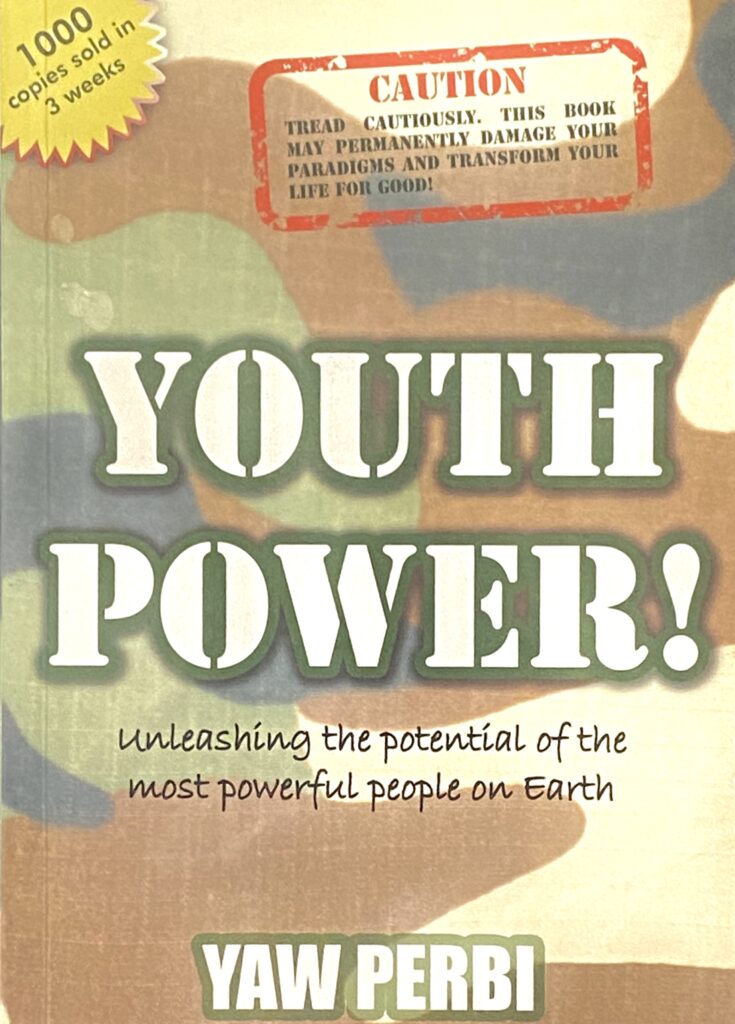
The 2004 publication YouthPower! had a foreword by Dr. Mensa Otabil
Young people have a lot going for them; youth have a lot of power! First, the numbers–there are more young people on earth than ever before in the history of the world! And that is power. But wait, there’s more. Young people have influence, the ability to control people and situations–even holding governments to ransom. That is power. Young people have incredible talents and special abilities which peak at this time of their lives. We have seen how they have utilized their tech savviness and power of mobilization to literally get the government of Nigeria to dissolve the said Special Anti-Robbery Squad (SARS) they’re protesting against on 11th October 2020. Shall we talk about the sheer passion, strength and energy of youth? Throughout the history of the world, young people have touched, shaped and shaken the world in politics, academics, business, sports, arts/entertainment etc.
More often than not, though, all this power is stored in the form of potential. The rest of the book Youth Power! is full of keys to unlocking all this power in terms of principles, the proto principle, purpose, planning, preparation, people, places, practices, pruning puny behaviours and ultimately how all of this results in pay.
YOUTH POWER! IN AFRICA
In 2005, the year after Youth Power! was published and widely distributed in Ghana, I was on a break in South Africa, after failing my final year medical school exams in Surgery. A pilgrimage to Soweto inspired me to write “a historical and tourist account of how Youth Power! that broke the back of apartheid in South Africa.” That sequel is entitled “Youth Power! in Soweto.” For the whole year I served as a doctor-captain with the United Nations Operations in Cote d’Ivoire, it was my joy and pleasure to walk scores of Ivorian Young People at the Université de Bouaké through the paradigm and practice of Youth Power! They even run a contest, translating the book into French.
Today’s protests remind me of the eternal words of one of the young student protestors back in apartheid South Africa in the late 1970s. You can see those words becoming flesh in today’s young protestors also, from Washington to Lagos:
“Our parents are prepared to suffer under the white man’s rule [or any form of injustice and brutality for that matter]. They have been living for years under here laws and they have become immune to them. But we strongly refuse to swallow an education [or whatever] that is designed to make us slaves in the country of our birth.”
As I participate in hash tagging, donating and encouraging the strong network of The HuD Group (publishers of the original Youth Power!) in Nigeria and around the continent of Africa to keep pressing for positive change, I look forward to adding to the thick annals of Youth Power!, yet another sequel: the contemporary history of Youth Power! in Nigeria.
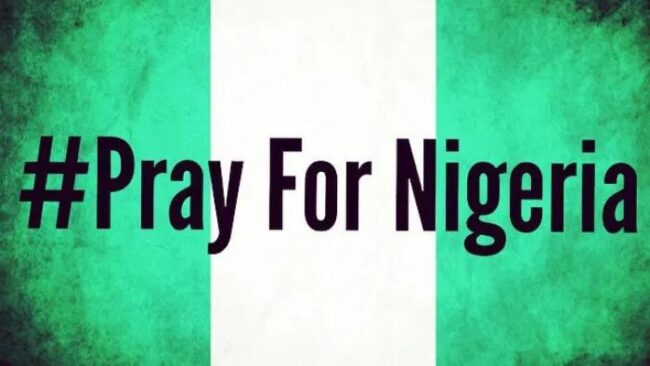
Nigeria is Too Important to Fail

Leaders and organizers of the Africa Impact Forum in February 2020 (Photo credit: Africa Leadership Initiative)
What a year for Black folk! From police brutality in the United States of America (USA) to same in the western region of Africa, White on Black, Black on Black, what a year! One would think that having commemorated 2019 as 400 years after the first Black slaves set foot in what is now the USA the news wouldn’t smell of Black beatings and lynchings and treatment as less than human any longer but here we are. In this season we’ve had the luxury of both time (thanks to COVID-19) and technology to etch these news clips into our consciences and reveal to us not only where we stand but even more deeply, who we are.
On the last day of this year’s Africa Impact Forum (February 26-29) for fellows of the Africa Leadership Initiative, a part of the Aspen Global Leaders Network, my heart was really stirred by Olara Ottunu, Ugandan diplomat, lawyer and politician. He was Uganda’s Permanent Representative to the United Nations from 1980 to 1985 and was the United Nations Under-Secretary-General and Special Representative for Children and Armed Conflict from 1997 to 2005. Olara Ottunu minced no words in the final plenary that there can be no African prosperity without Nigeria and the Democratic Republic of Congo doing well. These ‘big boys’ are the most populous Anglophone and Francophone nations on the 55-state continent of Africa. I have since not looked at Nigeria the same way. Nigeria is too important to fail.
If Black Lives Matter, then the most populous Black country on earth matters immensely. Altogether the over 200 million Nigerian people of 300 tribes matter; individually, each person matters. And by the way, Nigeria will overtake the United States to become the third-most populous country in the world by 2050, surpassing the 300 million people mark, according to a United Nations report. The current seventh most populous country in the world is not only rich in people but also oil and other natural resources. This goes without saying.
Boasting of one of the most vast African Diaspora populations in the world, I have personally had the pleasure of forging deep friendships with Nigerians at medical school in Ghana and as president of International Students Ministries Canada today, delight to see them shine among the top 10 sending countries of international students to Canada. If Africa is the most numerically Christian continent in the world today, it is significantly in part due to Nigeria’s over 90 million strong Christian population.
When Africa’s largest market of 200 million people (twice the size of Ethiopia’s 110 million or Egypt’s 102 million) surpassed South Africa to become the continent’s largest economy as well last year, the business experts had to admit, “Now It’s Too Big for Businesses to Ignore.” Why do you think the United States and United Kingdom have over $55 billion in foreign direct investments in Nigeria, with the Chinese following close after France? Not to mention Italy, India, South Africa, Singapore and Switzerland.
NIGERIA IS WORTH SAVING
When George Floyd was slowly slaughtered before the eyes of a watching world and protests erupted all over the United States and around the world, one of the most profound things I heard was that if Africa had upped her socio-economic game many African-Americans would’ve rather returned ‘home’ than suffer such indignity in the U.S. Even then for some, freedom and dignity matter more than economics, so have responded to overtures from governments like Ghana’s to ‘come home.’ “We want to remind our kin over there that there is a place you can escape to,” said Akwasi Agyeman, chief executive of the Ghana Tourism Authority. “That is Africa.” Now, if I may ask, what is the sense in Blacks escaping police brutality in America, crossing the expansive Atlantic, only to come ‘home’ to the same police brutality, Black on Black?
I am very proud of the display of Youth Power! that has called for #EndSARS and indeed has succeeded in the dissolution (on 11th October, 2020) of the Special Anti-Robbery Squad (SARS) of the Nigeria police which has meted out unspeakable crimes against the citizens of Nigeria. Now some protests are deteriorating into rioting while law enforcement is metamorphosing into death squads firing live ammunition into crowds. As Global CEO of The HuD Group, with HuD Nigeria as one of our strong networks, we demand that elected officials as well as the teeming youth be response-able (responsible) and remember that they hold the dignity and prosperity of the entire Black race in their hands.
All nations matter but not all nations are equally strategic. You would think some of the reasons given above why Nigeria is too important to fail are rather carnal but once upon a time when God Himself wanted to save a certain nation from destruction His reason for sending them a prophet to save them from themselves was pretty intriguing: “And should not I pity Nineveh, that great city, in which there are more than 120,000 persons who do not know their right hand from their left, and also much cattle?” (Jonah 4:11) The numbers of humans matter, the natural resources matter. Nigeria is too big and too important to fail. #PRAY FOR NIGERIA!
COVIDic Times: One of the Best Gifts Ever!
So I just came on sabbatical. The best gift of week 1 was sleep–day time sleep! It was good for the body, really good. Then the next week came and its gift really took care of my soul. I got re-connected with my teenage friends from around the world, from every continent! Many of them I had lost touch with for 24 years!
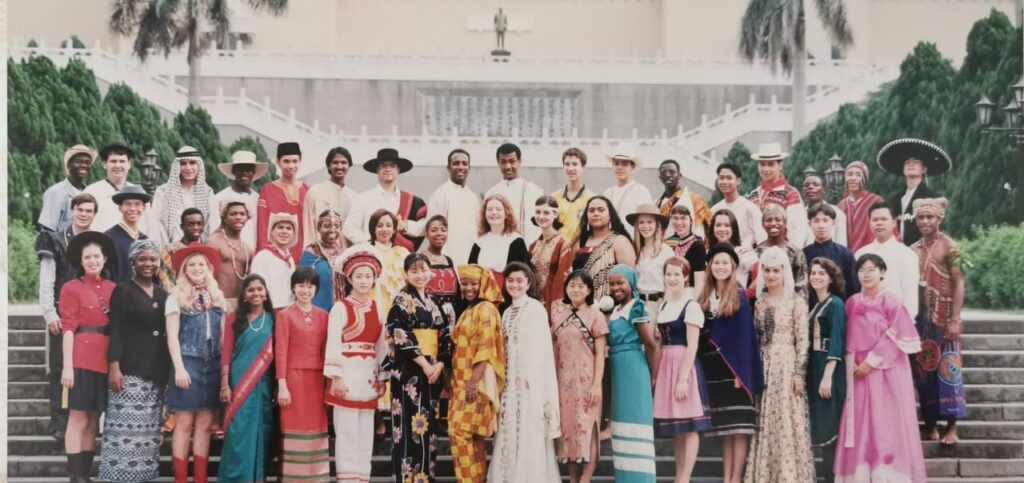
With my 50 friends from 50 different countries in front of the national museum in Taipei, Taiwan. The year was 1996.
THE END FROM THE BEGINNING
I started life backwards. Sort of. Usually people fool around in their teens and when they are all grown up–mature (whatever that means), prim, proper, and seasoned–become ambassadors of their countries. I became an ambassador for Ghana in my late teens, a youth ambassador, together with 50 other World Vision Youth Ambassadors from 50 different countries! As a strapping 18-year old, that experience would irreversibly enlarge my heart; and it has never been able to shrink back into being merely Akan or just Ghanaian or even only African. Never. I’ve been a global citizen since the mid-90s, or a ‘world class Christian’ as my mentor Paul Borthwick would put it, and yet at the time I did not even yet quite understand how much God is a global God on a mission, as I do today.
Connecting the dots, it might no longer come as a surprise then that a couple of decades later I’ve been to 45 countries and lived for a year or more in three, worked with the United Nations, founded and expanded The HuD Group to two dozen countries on each continent, pastored an English-speaking Chinese church in a French city (Montreal) in North America (Canada) and spent my last seven years as president of International Student Ministries Canada, empowering international students to impact the world through Jesus Christ. WVYA was my second experience as an international student, the first being as an exchange student from Achimota School in Accra to Ballard High School in Louisville (Kentucky, USA), the year prior. Being a World Vision Youth Ambassador in 1996 is a gift that keeps giving, like this last couple of weeks!
THE CHANG CHALLENGE
How I got selected as the World Vision Youth Ambassador for Ghana was a miracle, divine. I will leave that story for another time, lest I digress. WVYA was a phenomenal idea birthed by Dr. Jerry Chang, then World Vision Taiwan CEO to bring together 50 young people from 50 different countries to pursue and promote life’s common grounds, universal values. We would study conflict prevention, justice, peace, unity, reconciliation etc. and embody all of this as we constitute a choir travelling the world with this message of unity in diversity. For six weeks this group would live together as global community doing all the philosophical as well as musical studies, and then for the next six weeks tour Taiwan (the host) and other countries. 1995 was the debut year. In my year, we got to tour Taiwan, the USA (New York, Washington DC, Los Angeles, Seattle), Mexico and Canada. The 1997 cohort’s countries were Taiwan, Japan, USA and Guatemala (I got to do that tour too, as I’ll explain shortly below). In all, the programme run for five years–1995, 1996, 1997, 1998, 1999 and with a combined finale of selected previous ambassadors in 2000–resulting in 245 youth ambassadors from 61 countries in total.
THROW BACK
A couple of weeks ago I was contacted by Claudia Sofia, who was the ’96 Colombia Ambassador in my cohort, that the 1997 year group was planning an online reunion and had requested her and me to co-facilitate. She, together with a few of them, did such a splendid preparatory job that I didn’t have much to take care of, really. The thing about Claudia and I is that we were the two out of our group of 51 in 1996 who were selected by the WVYA staff and invited back as staff interns for the following year’s programme so we are very familiar with both 1996ers and 1997ers. Claudia and I reunited about eight years ago when her family temporarily relocated to Canada where I’ve been living and serving with my family since 2009. We have not only been in touch since but have for the last five years worked together on leader development globally and in Latin America in particular through The HuD Group.
It was amazing seeing all these WVYA ’97ers on the Sunday July 5 call; and the cherry on top was the presence of Mama Chang, the 94-year old matriarch, wife of WVYA founder. Inspired by the 1997 gathering, Claudia and I got to work on a WhatsApp group to rally the 51 youth ambassadors of 1996. To cut a long story short, in the last two weeks not only have we found (with CIA, Interpol and Scotland Yard skills) 48 of the 51 Youth Ambassadors and corralled everyone into the same WhatsApp group we have also held two online Zoom reunions (July 11 and July 18), affording everyone to reminisce the past, provide a current update and begin a conversation about re-imagining the future. At the time of writing this, all the other year groups have already met except 1995 (in the offing).
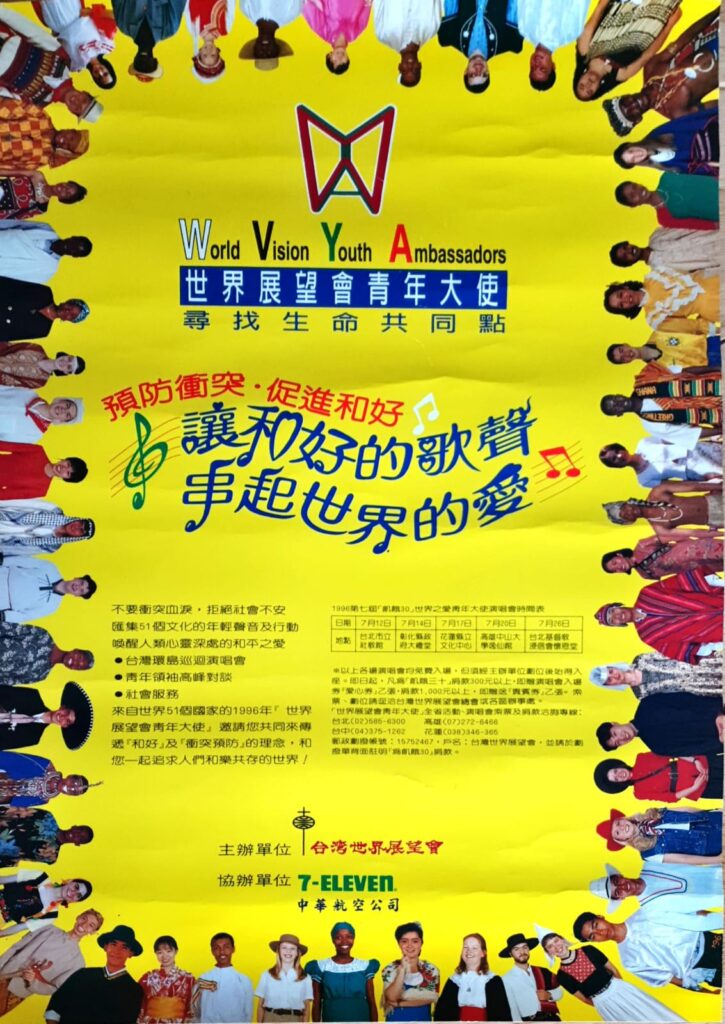
A sample of our classic pre-concert posters. We were famous across Taiwan; then New York City, Washington DC, Mexico City (Mexico), Los Angeles (USA), Seattle (USA), and Vancouver (Canada).
WHY NOW? PANDEMIC BLESSING
The various year groups have had mini reunions here and there over the last two decades; and even in 2015 I was privileged to be part of a cross-cohort mini reunion in Prague but never have we been able to gather this many people together all at once. What’s the difference? COVID-19!! As Rodrigo (Mexico) and Li-Hoon (Singapore) put it bluntly during the first 96ers reunion call: “THANK YOU COVID!”
So why and how come this significant reunion at such a time as this? In the first place, we’re all no longer busy bigwigs criss-crossing the planet about our all-important affairs. We have every one’s attention and no one’s going anywhere. Secondly, the lockdown’s making many of us begin to feel lonely; we are seeking community, even if it’s online. Thirdly, COVID-19 and its ramifications is making us more contemplative and asking what really matters in life. We’ve been glad to pick up memories and rekindle friendships we inadvertently dropped. Fourthly, this pandemic has changed the way we think! Hitherto, we would’ve been seriously planning a ‘big’ physical reunion with all the limitations of time, air travel expense, visa drama, hosting logistics etc. How come it’s never occurred to us in 24 years to hold an ONLINE REUNION?! How hard is that?! But it just wasn’t in our mental framework. And don’t forget, in 1996 when we were teenagers and formed these relationships, smart phones didn’t exist and the internet and email had barely become available to us commoners. Our brains may have only associated each other with snail mail and a fine opportunity for stamp collection.
But the last reason may be the most important of all. The world has turned pretty ugly in the last little while with bigotry, racism and a certain brand of unrestrained nationalism. All of these have been heightened during this pandemic, coming to a head with the unjust death of George Floyd and the mass protests that it sparked all over the world on every continent, calling for racial equality and justice. As I mentioned on the WVYA ’97ers call, it seems to me that although we all knew our mission of peace, love, reconciliation and unity in the world was important back in the 1990s (after all my sweetheart Duda, for instance, took solace in playing piano among the bombs blasting in the Bosnian war), I still feel Papa Chang had so much vision that WVYA rather is an idea whose time has now come, 25 years later.
It was at WVYA that I learnt not only in song that “we teach the young our difference but look how we’re the same” but lived that reality among 50 other nationals for three months. My conclusion as a (maybe precocious) teenager was: we have much more in common than we are different. In fact, it wasn’t until about six weeks into the programme that the thought first even crossed my mind: I am Black. It hadn’t mattered. At all.
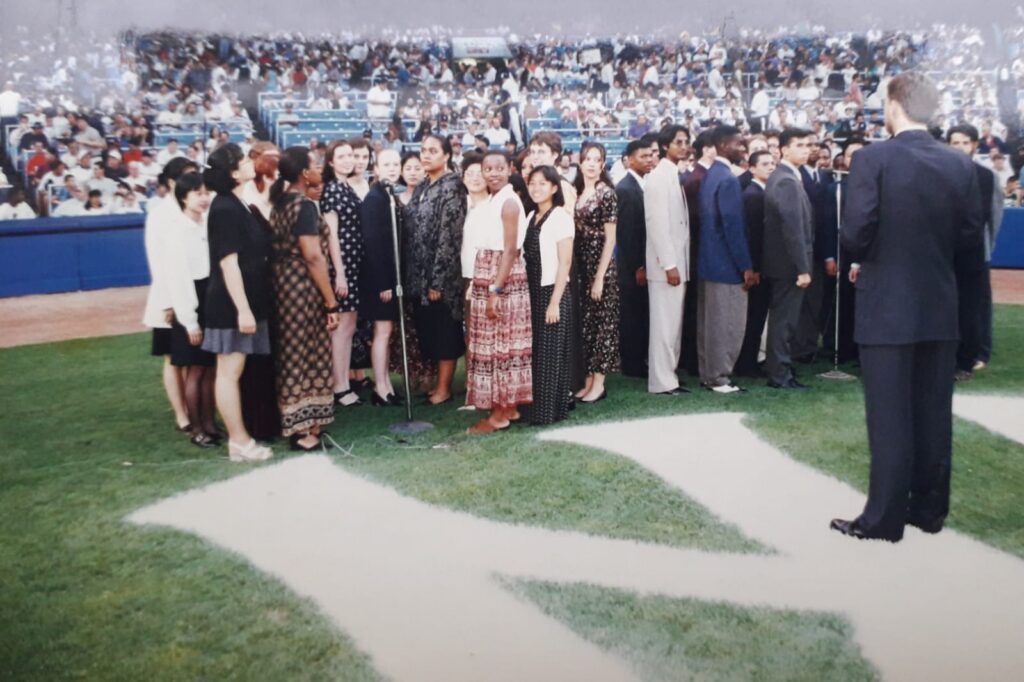
We got to sing the American national anthem at the start of a New York Yankees game. Danny Devito threw the first pitch.
BACK TO THE FUTURE
Danish philosopher Soren Kierkegaard aptly said, “Life can only be understood backwards, but it must be lived forwards.” As I reconnect (in order of recent rediscovery and rallying onto WhatsApp) with Claudia (Colombia), Tom (Uganda/currently domiciled in England), Isobel (Ireland/France), Nayunda (Zambia), Carolina (Hong Kong/UK), Li Hoon (Singapore), Ivyn my roommate (Sri Lanka), Henrietta (Zimbabwe/USA), Isariya (Thailand), Esther (New Zealand), Panha (Cambodia), Ginger (USA), Jeffrey (Costa Rica), Nashipai (Kenya), Joyce (Lebanon/Canada), Wilge (Bolivia/USA), Greg (Taiwan), Lara (Canada/USA), Nino (Georgia), Haime (Philippines), Nelson (Papua New Guinea), Duda (Bosnia & Herzegovina), Yayoi (Japan), Janneke (Netherlands), Arnold (Honduras/Mozambique), Anielka (Nicaragua/USA), Rodrigo (Mexico), Mirjam (Germany), Carlos (Ecuador/USA), Derese (Ethiopia/USA), Sinara (Dominican Republic/Bulgaria), Ariel (Chile), Luis (Guatemala), Pamela (India), Cornel (Romania/Canada), Annie (Malawi), Fikile (Swaziland/South Africa), Pierrick (Switzerland), Young Suk (South Korea), Simon (Bangladesh/Canada), Mpho (Botswana), Davi (Brazil/Uruguay), Romed (Tanzania), Ghassan (Palestine), Angelina (Russia), and Rytha (DR Congo), I’m also connecting the dots.
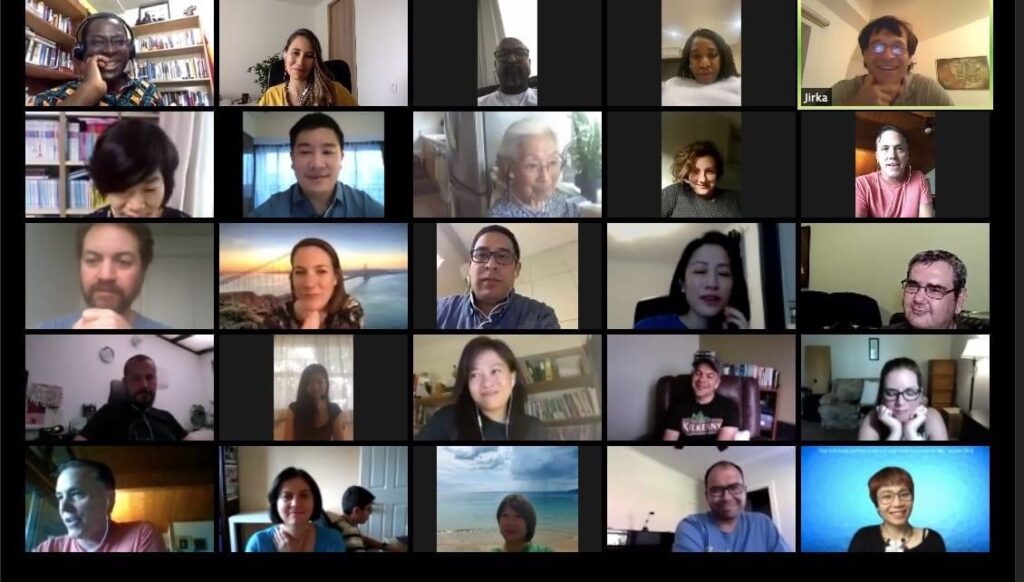
A Zoom screenshot of half of us staff and ’96 ambassadors on the first reunion call on July 11, 2020. This is the kind of image of equality and togetherness that the world ought to be seeing much much of.
I believe Bobby Clinton was right, that “God develops a leader over the entire course of their lives” and He sure lays down “sovereign foundations,” like WVYA, for His purposes in each of us in every generation. I could never have chosen this life, but I love it! More importantly, I love the One who did and all these nationals He has brought my way! Again, my heart expanded and has never been able to shrink back since.
Guess who else was right? Papa Chang. Today we are the wives and husbands, fathers and mothers, professors, CEOs, homemakers, celebrated performers (choral, gospel, jazz, opera), members of parliament, government ministers etc. of change, “doing our little thing in our little corners” as Mama Chang exhorted on the July 11 call. But guess what? Now that COVID-19 has brought all these little embers together, who knows what worldwide bonfire may start. World, watch out! for as Victor Hugo once remarked: “You can resist an invading army; you cannot resist an idea whose time has come.”
Another Ordinary Black Man Downed by a Superior White Policeman: Is there not a root cause?
Mad I am. Have you seen the videos of the broad daylight murder of yet another unarmed Black man, George Floyd, by yet another White police officer, this time in Minneapolis? The officer literally knelt on the poor man’s neck till he died.
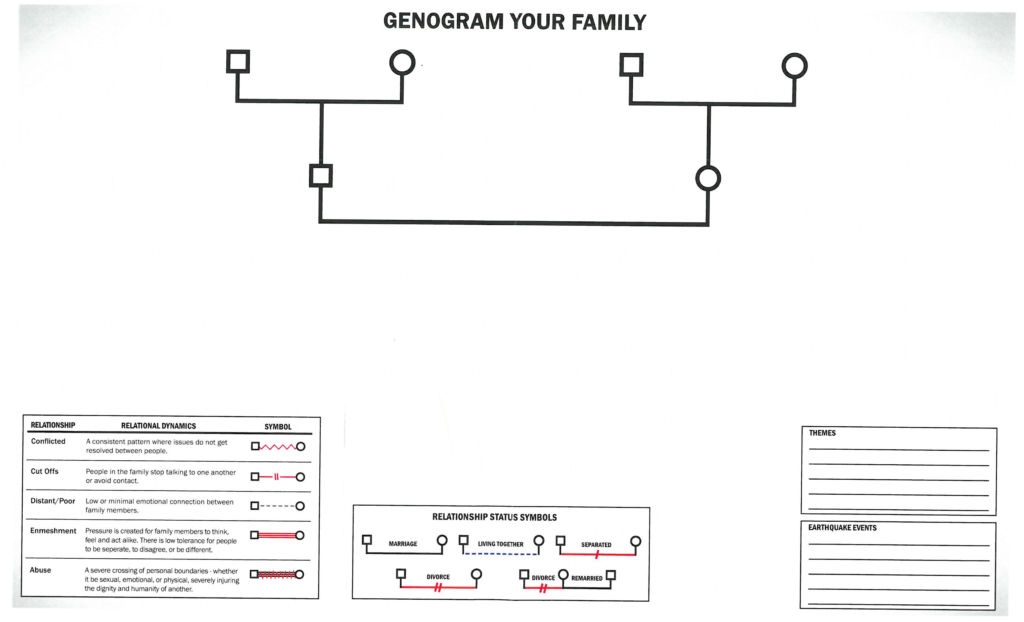
Blank sample to genogram your own family (courtesy: Pete & Geri Scazzero’s Emotionally Healthy Discipleship)
I’m in the middle of a transformative ‘Emotionally Healthy Spirituality’ course with Pete Scazzero (this is at least the third time I’m doing it). Incidentally in the very week we’re focusing on ‘Going Back to Go Forward,’ examining the deep-rooted attitudes, values, behaviours, patterns etc. in our genogram, this dastardly cycle of white police brutality on black lives comes up again; this time George Floyd’s in Minneapolis.
A genogram (pronounced: jen-uh-gram) is “a graphic representation of a family tree that displays detailed data on relationships among individuals. It goes beyond a traditional family tree by allowing the user to analyze hereditary patterns and psychological factors that punctuate relationships.” Biblically, we are affected by the being and doing of our forebears to the third and fourth generation. Meaning, those of us alive right now are exhibiting certain things, good and bad, blessing and cursing, that were sown by our relatives in the 1800s.
The deep rooted nature of this American problem of white-on-black violence leads me to think it is in the white person’s genogram, dating back to the era of colonialism and slavery. A white person (‘master’) unaware of this and put in a place of immense power, like a police officer, inadvertently and uncontrollably mets out brute and fatal force on his black ‘slave.’ It’s in the blood; it’s in the DNA, covertly usually.
Apart from pure demonic activity, this seems to be the only way I can begin to comprehend how a human being can delightfully kneel on the neck on another human and suffocate him to death (#icantbreathe), with hand in pocket and a smirk on his face.
Tell me if I’m going crazy, be honest, even crass, with me, especially if you are white and you call yourself my friend.
If you don’t care, you’re not my friend anyway. If you’re offended, feel free to fume awhile and let’s jaw-jaw when you cool down or unfriend me forever.
“But let justice roll on like a river, righteousness like a never-failing stream!”(Amos 5:24)
POST SCRIPT: MENTOR TO THE RESCUE
I got a response to my Genogram Theory of Systemic Racial Justice above from my Emotionally Healthy Spirituality mentor Pete Scazzero, via SMS, and it was in the affirmative: “…yes the murder of George Floyd is very much the result of that man’s GENOGRAM, the police department’s and the history of the USA.” Thank you sir! BAM!
POST SCRIPT: OF HEART AND BONES
These race issues are deep deep matters. If your kind of Christianity can’t engage this issue and bring a Gospel solution to it, you’ve got the wrong kind; it’s not worth following!
For Christians who want to quickly whisk this issue away with 2 Corinthians 5:17, remember that we are in a process of sanctification after we open our hearts to Jesus for a reason!
Don’t ignore your own genogram. If your great great great grandpa thought my great great great grandpa was a Homo pelli negra don’t take it lightly; it takes a deep work of the Gospel of grace and the Spirit of Truth to see me as a Homo sapiens 200-400 years later. Scazzero says it best: “Jesus may be in your heart, but grandpa is in your bones.”
Why Being an ‘African Christian’ isn’t an Oxymoron.
A friend and old school mate asked an ‘innocent question’ on Face Book: “Why is African Traditional Religion confused with wizardry or witchcraft?” Some of the responses I saw got my missiological juices going!
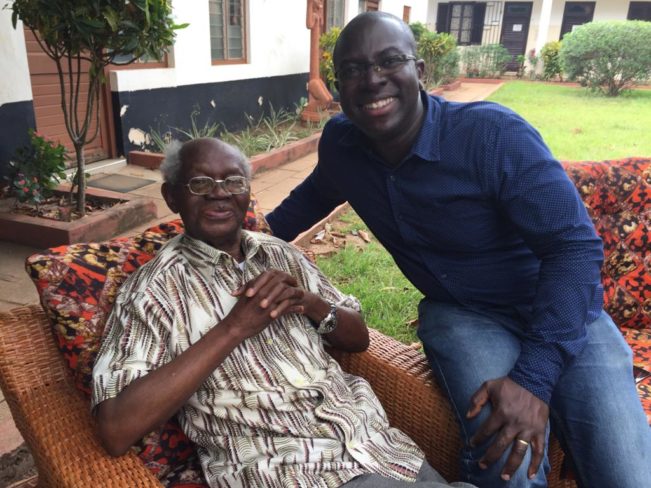
Hanging out with my late grandfather, Emeritus Prof. J.H. Kwabena Nketia, at the African Studies department garden at the University of Ghana
My grandfather, who was so well-eulogized in The New York Times when he passed away last year (March 2019), was so African that some people wondered how on earth he could be Christian! Even I used to wonder, with his close proximity to traditional folklore and hunter songs, familiarity with traditional palace protocols, committed transcription of Akan drum language and such. It was hard for me to decouple African traditions from ancestral and demonic worship. Being born and bred Evangelical, in my conversations with him I tried to figure out whether he actually had a personal relationship with Jesus Christ. Was he truly born again?
In the last couple of years as I’ve taken courses at the Akrofi-Christaller Institute for Theology Mission & Culture I have come to appreciate his way of being African and Christian, which the current rector of the institute, during his Evening of Remembrance sermon (see pg. 39) at the Great Hall of the University of Ghana, said that Grandpa epitomized. In fact, Prof. B.Y. Quarshie entitled his sermonette from Galatians 3:1-9 as “Fully African, Fully Christian.” After all, Prof. Nketia was the founding chancellor of Akrofi-Christaller, an accredited postgraduate degree-awarding institution, and continued for a decade, till he was about 95 years old. In his scholarly work in ethnomusicology I did not realize Grandpa was directly touching on missiology, documenting the different sights and sounds of the very “great multitude that no one could count, from every nation, tribe, people and language” that John the Revelator had a vision of, “standing before the throne and before the Lamb” (Revelation 7:9). “The music of Africa, like its language, is, so to speak, ‘ethnic-bound.’ Each society practices its own variant,” Grandpa said. Alas, this African Christian was doing holy work! As one colleague put it, and reported in The New York Times, “He showed that the African history of music was a sacred tradition revealed.”
1. THE GOSPEL CHALLENGES EVERY CULTURE
So back to Eliza’s question: “Why is African Traditional Religion confused with wizardry or witchcraft?” Good question! My first instinctive answer was, “There’s a thin line; that may be why.” Every culture has what is great about it (there are features/fingerprints of God all over) but also what is broken since Eden. Idolatry is one consequence of that brokenness, whether African, Mesopotamian or European culture. It’s actually hard to beat the many gods the Greeks and Romans (Europeans, remember?) had. Paul speaks to this issue not in an idol-ridden African village but at the Areopagus, in the heart of Greece as he gives his ‘TED Talk’:
So Paul, standing before the council, addressed them as follows: “Men of Athens, I notice that you are very religious in every way, for as I was walking along I saw your many shrines. And one of your altars had this inscription on it: ‘To an Unknown God.’ This God, whom you worship without knowing, is the one I’m telling you about. He is the God who made the world and everything in it. Since he is Lord of heaven and earth, he doesn’t live in man-made temples, and human hands can’t serve his needs—for he has no needs. He himself gives life and breath to everything, and he satisfies every need. From one man he created all the nations throughout the whole earth. He decided beforehand when they should rise and fall, and he determined their boundaries. His purpose was for the nations to seek after God and perhaps feel their way toward him and find him—though he is not far from any one of us. For in him we live and move and exist. As some of your own poets have said, ‘We are his offspring.’ And since this is true, we shouldn’t think of God as an idol designed by craftsmen from gold or silver or stone. God overlooked people’s ignorance about these things in earlier times, but now he commands everyone everywhere to repent of their sins and turn to him. For he has set a day for judging the world with justice by the man he has appointed, and he proved to everyone who this is by raising him from the dead” (Acts 17:22-31, NLT, emphasis mine).
The past is forgiven. God is now calling and commanding “everyone everywhere” to have a change of mind (repent) and turn towards him (convert)! All peoples, everywhere! Africans aren’t the only ones who have been called to turn away from idols to the one true God. All have sinned and fall short of the glory of God (Romans 3:23); all are in need of redemption. “All” means all including all, excluding none.
2. THE GOSPEL CHANGES EVERY CULTURE (BUT IS ALSO SHAPED BY IT)
As a missiologist, I was surprised how in the said Face Book discussion little credence was being given to the fact that the Gospel of Jesus Christ is for every nation, people group (ethnos), tribe and tongue. Do people just not know that or do they intentionally suppress that truth?
So while the Gospel challenges and changes every culture it is also remarkably shaped by every culture! Kenyan theologian John S. Mbiti said it best: “Christianity is always a beggar seeking food and drink, cover and shelter from the cultures and times it encounters in its never-ending journeys and wonderings.” True, some Westerners knowingly or ignorantly tried to Westernize (ostensibly ‘civilize’) our African peoples and that’s a shame (a very human thing to do—to believe what we have is best and others must conform) just as some early Christians wanted to make Jews out of Gentiles (by making circumcision a necessity) before they could be accepted into Christ.
It is a real shame that Christianity and Colonialism came from the same vessel. This generation’s got to separate the grain from the chaff. If you are an African Christian you’ve got to decolonize your faith in Jesus Christ. ‘African Christian’ is not an oxymoron. On the contrary it is the ultimate fulfilment of everything African. My Christianity must make me more African, not less, otherwise I’ve missed something really basic about the Gospel.
As a fellow Achimotan, I mentioned to Eliza she had to marvel at how the founders expertly maneuvered the tension between what’s good in our African cultures and needed to be upheld and what has to be discarded (including witchcraft) because of God’s revelation in Christ. They therefore wanted an institution whose ideals were “the belief on which all else rest, in Jesus Christ as the revelation of all time and all people, of the love of God, and as the guide and pattern for our lives” and simultaneously one where there was “respect for all that is true and lasting value in the old African culture, beliefs and ways of life.”
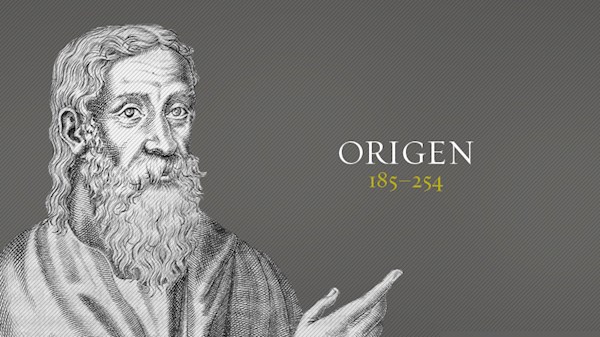
An example of an African Christian who shaped European (and global) Christianity before the advent of European missions to Africa and colonialism a millennium-and-a-half later
3. DECOLONIZING THE GOSPEL STORY
Every African Christian must own a copy of and read Oden’s ‘How Africa Shaped the Christian Mind.’ Early African Christians (as early as the 30s and 40s A.D.) and later on into the second to fifth centuries literally shaped Western Christianity before the latter turned round 1,500 years later to bring us a Gospel that was in Western garbs and made to look as if Jesus was ‘Made in the West.’ Know your history so that no one robs you of your salvation in Jesus Christ, which is for all people–every nation, tribe and tongue.
Even newer than Oden’s work is Bantu’s “A Multitude of All Peoples: Engaging Ancient Christianity’s Global Identity” (2020). In it he asserts how “Christianity is not becoming a global religion. It has always been a global religion. The early Christian movement spread from Jerusalem in every direction, taking on local cultural expression all around the ancient world.” And asks, “So why do so many people see Christianity as a primarily Western, white religion?”
When people, out of arrogance or ignorance, tell Africans like me that “Christianity is the white man’s religion”, I laugh on many levels: anthropological, historical, missiological, scriptural, theological… I wish I had the time to chase all those assertions and their originators. The fact that I do not always respond should not be misconstrued as I have no cogent answers.
Even without going into the MANY Scriptural references to Africa(ns), I can think of African Christians in the last 2,000 years who have shaped Christianity like Athenesius, Anthony of Egypt, St. Augustine (from Algeria), Justin, Clement, Origen (picture above) etc. In fact, even the term ‘Trinity’ was coined by an African called as Tertullian (from Tunisia). He is the same guy who gave us the designations of Old and New testaments.
Origen, for example, “was incomparably the greatest scholar and theologian of the Eastern Church in the early centuries as well as a prolific writer. His learning and his works were encyclopaedic. He is reputed to have written about 6,000 books. The first scientific theologian, Origen was a man ahead of his age, particularly in terms of Biblical scholarship and criticism” (Dictionary of African Christian Biography). Make the time to visit the Dictionary of African Christian Biography, and be inspired by the stories of ancients through martyrs and missionaries to nationalists. ALL AFRICAN.
TIME TO COOL OFF WITH A SIP OF GLORIOUS PALM WINE
I like how intelligent contemporary Africans are asking intelligent questions about culture and faith. May it go with an attendant desire to learn proper history and with discernment to extract the pure Gospel from its various cultural entrapments. The Gospel of Jesus Christ is good news for ALL people–EVERY nation, tribe and tongue!

